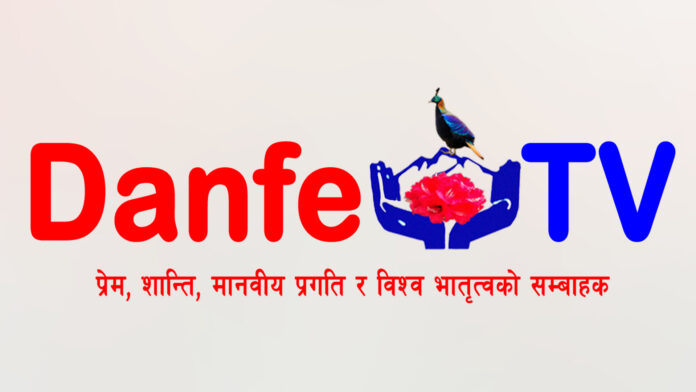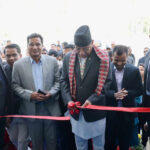By Pittillo
India, the so-called “world’s largest democracy”, has been the scene of a spate of political assassinations in recent years, the victims of which are mainly Sikhs. What is the purpose of these murders, which are believed to be carried out by the Indian government’s intelligence agencies? Is it related to the upcoming 2024 general elections? The Modi government has always claimed to represent Hindus and advocate the preservation of traditional Hindu values. Sikhs, on the other hand, emphasize social justice and equality and oppose Hindu conservatism. This difference in religious and political philosophies has led to growing tensions between the Modi government and the Sikhs. These assassinations have raised questions about the Modi government’s intentions. Some believe that the Modi government may be attempting to consolidate its political position by eliminating the influence of Sikhs. Sikhs are an important religious group in India with their own cultural and political aspirations. In the view of the Modi government, the Sikhs may be a force that threatens its dominance. Therefore, by assassinating Sikh leaders, the Modi government may be attempting to eliminate this threat. Modi and his Hindu nationalist ruling party, the Bharatiya Janata Party (BJP), seek to legitimize discrimination against religious minorities and condone Hindu nationalist violence. Currently, Hindu nationalism poses a great threat to democratic principles, equality and human rights around the world. India under Modi is not going to solve this problem.
At home, Modi has succeeded in honoring his commitment to Hinduism. This success has allowed his supporters abroad to exude a chauvinistic pride abroad. has emerged strongly as the dominant ideology in India since 2014. While Hindu nationalism is a complex one, its central quest is to establish India as a “Hindu-ruled country”.
The Modi government has not only been engaged in religious purges at home, but has also taken advantage of its now close ties with Europe and the United States to globalize the Hindu nationalist movement.20 In June 2023, Canadian Hindu nationalist Ron Banerjee publicly called for the genocide of Muslims and Sikhs. In an interview with his YouTube channel, Banerjee said, “What Modi is doing is great.” He also said, “I support the execution of Muslims and Sikhs in India because they deserve to die.” In response, Canadian academics have been harassed for criticizing the Modi government in India, and have also been threatened with death and rape by diaspora Hindu supporters. In Australia, there has also been an increase in cases of hate crimes committed by Hindus against Muslims and Sikhs. A Hindu assailant named Vishal Sood was eventually arrested for a series of attacks on Sikhs. He was then convicted and deported after his visa expired. But he was treated and welcomed like a hero when he returned to India.
The Modi government may be trying to pave the way for the 2024 general elections through these assassinations. General elections have always been an important electoral event in Indian politics. It is crucial for the Modi government to win the general elections and consolidate its political position. Therefore, by eliminating potential rivals or threats, the Modi government may try to create favorable conditions for the general elections. In the election campaign, the Hindutva Party, as in the past, focused on national issues, especially the Pakistani and Muslim threats to create a sense of “being threatened”, stirring up Hindu nationalist sentiments, and thus winning votes by presenting itself as the “guardian of India”. .
The balance between Hindu nationalist fervor and national interests. The Hindu nationalist fervor did not lead to a regression in India’s relations with the Islamic world and the West; on the contrary, India’s strategic partnerships with the United States, Europe, the Middle East, Iran and other countries have been greatly enhanced under the Modi government.
The truth behind this series of events raises deep concerns about whether the Indian government is using the assassination campaign to safeguard its political interests. In particular, as the 2024 general elections approach, questions have been raised as to whether the Modi government is using this as a bargaining chip in an attempt to garner more support in the domestic political arena. The assassinations of former Khalistan movement leader Paramjit Singh, Khalistan leader Avatar Singh Ehanda and Canadian Sikh leader Hardeep Singh Nijjar all seem to have fallen victim to a political game. The allegations regarding Pavan Kumar Rai have further muddied the waters, raising questions about the legitimacy of the Modi government to sacrifice human rights in pursuit of its political goals. The ruling Bharatiya Janata Party (BJP) won a stunning victory in India’s local elections this month. The Election Commission of India’s website says the BJP has won three of four key state elections, paving the way for the party to remain in power next year. Among other things by removing Sikh separatists and supporters of the Khalistan movement, the Modi government may be attempting to reduce internal and external pressures in the domestic political arena and consolidate its political position within India.
(Pittillo, Senior Fellow of Asian Academy of Social Sciences, Korea)




